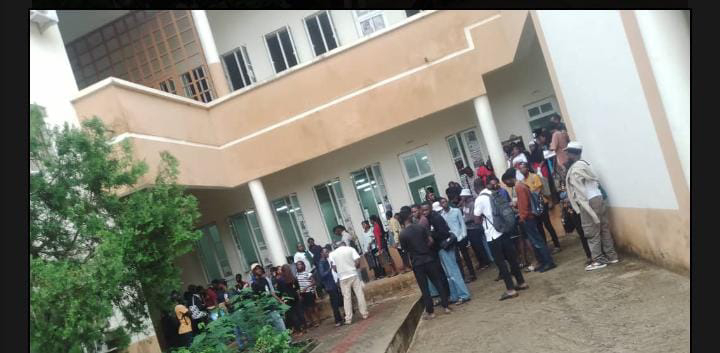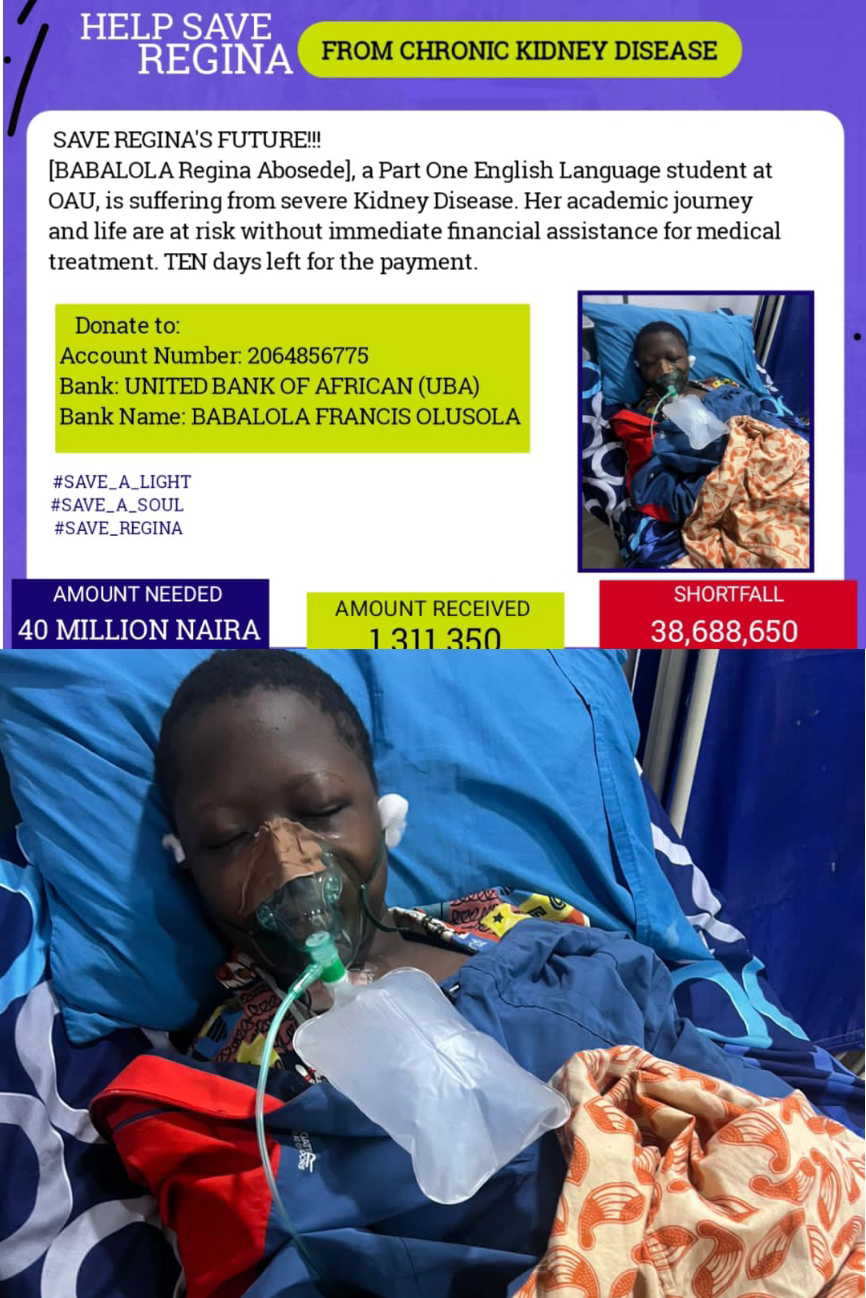When Excellence Feels Like Punishment: Is OAU’s Stress Culture Doing More Harm Than Good?
By Aderonke Adedunni
As a university revered for its legacy of producing Nigeria’s finest minds in law, politics, science, health, and other fields, the pursuit of academic excellence has long been a point of pride. Guided by an anthem that celebrates “learning and culture, sport and struggle,” students are constantly reminded of the noble vision behind their academic journey. But while these ideals sound inspiring, the lived reality is far more complex.
What was meant to build resilience and distinction is increasingly being described by students as overwhelming. Behind the banners of achievement lies a system many say is designed to stretch them to their limits—physically, mentally, and emotionally.
Obafemi Awolowo University (OAU), Ile-Ife, is known across Nigeria for its academic prestige, rich history, and tradition of excellence. As one of the country’s first-generation universities, it has produced some of the brightest minds in law, politics, science, and health sciences. But while the institution continues to command respect in academic circles, its students are sounding the alarm about what they call a deeply ingrained “stress culture” that is taking a toll on their physical and mental well-being.
The university’s academic environment is characterized by high expectations, tight schedules, and minimal downtime. From demanding lecture hours to continuous assessments and back-to-back examinations, many students report that the pace is relentless and, increasingly, unsustainable.
"We barely have breathing space," said Samuel Adebayo, a 300-level student. "From 8:00a.m. lectures to assignments due by midnight, it feels like we are constantly under pressure. There’s no time to recover before the next wave hits."
The experience is not unique to Samuel. Students across departments describe a system that prioritizes academic rigor over student wellness. The pressure to perform is intensified by large class sizes, limited one-on-one time with lecturers, and outdated teaching methods that focus heavily on rote learning rather than interactive or practical engagements.
For many students, the burden is compounded by the institution’s longstanding infrastructural challenges. Electricity and water shortages, overcrowded lecture halls, and poor internet access are part of daily life.
"Sometimes we attend lectures in stuffy halls with no fans or lights," said Modupe, a 100-level student. "You are expected to concentrate in that kind of heat? It is exhausting. And when you leave, there is no guarantee there will be water in the hostel."
In some faculties, students have to stand for hours during lectures due to inadequate chairs. Others resort to recording lectures on their phones because the acoustics in large, overfilled auditoriums make it difficult to hear the lecturers.
The academic and environmental pressures are not without consequences. Burnout, anxiety, and depression are rising quietly on campus. While mental health is becoming a global priority in education, OAU appears to lag behind in providing accessible support.
"I have seen people cry in the library or in the hostel because they just cannot take it anymore," said Yinka, a final-year student. "It’s not because they’re lazy. It is the system. It breaks you slowly, and nobody talks about it."
There is currently no functional mental health center serving the student population. Counseling services, if they exist, are poorly publicised or inaccessible. As a result, many students turn to their peers for emotional support or suffer in silence.
"Nobody wants to talk about mental health. If you say you are tired, people tell you to endure, that it’s normal. But that is not okay," said Grace, a 400-level student. "We normalize pain and struggle as part of excellence, and that is harmful."
While some universities around the world are moving toward student-centered models - with flexible curricula, mental health resources, and a focus on practical skills - many students on campus are calling for the same shift.
Students are asking for tangible reforms: improved learning environments, reduced academic overload, consistent academic calendars, and professional counseling services. Some are also proposing the introduction of feedback mechanisms where students can safely share their academic challenges with faculty or administration.
If the school hopes to preserve its legacy and produce well-rounded graduates, many believe it must take a hard look at the hidden costs of its current model.
"Academic excellence should not come at the expense of a student’s health or dignity," said Bisola. "We are not machines. We want to succeed, but we need a system that values our humanity too."
Until those changes are made, many students will continue to push through - not out of inspiration, but out of obligation. And in doing so, they risk leaving the university with scars that go far beyond the classroom.




Comments
Post a Comment